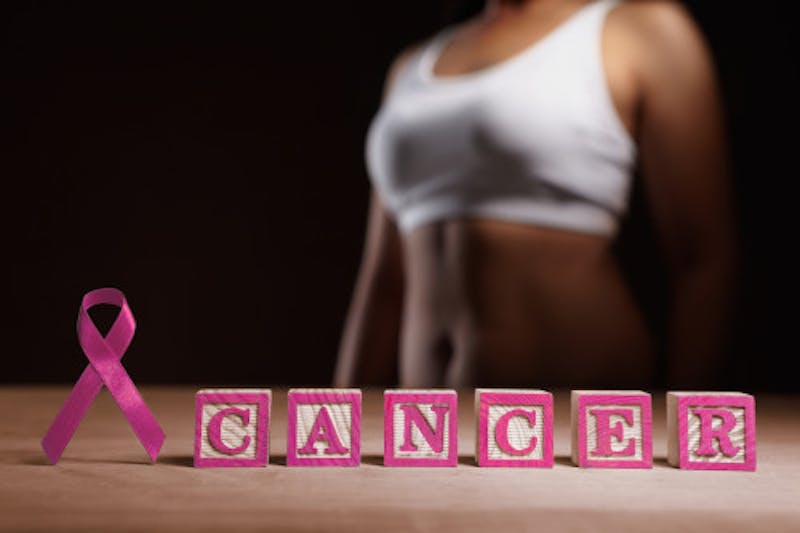
When celebrities step forward and speak publicly regarding an issue, their words can make a profound impact. It brings not only awareness and dialog, but it can also raise funds toward a cause. While breast cancer awareness has been in the media spotlight, particularly during the month of October, celebrity Christina Applegate was one of the first to talk about her bilateral mastectomy and breast reconstruction surgery.
Not long after, in 2013 Angelina Jolie Pitt made her public announcement about her double mastectomy and reconstructive surgery because of her positive BRCA1 gene test results. Like other women who test positive for this test, Jolie Pitt wanted to eradicate the possibility of being diagnosed with breast cancer one day and was proactive in her decision to have the surgery.
It’s important to note that not all women who are diagnosed with BRCA1 decide to go to a plastic surgeon for this reconstructive procedure. Others opt to have regular diagnostic screening, including MRIs.
With that said, Jolie Pitt’s announcement lit up media headlines around the world. It also fueled various studies.
For example, a research study from Austria recently emerged wanting to calculate how Jolie Pitt’s candid announcement trickled down to other women.
In Live Science, reporter Sara G. Miller revealed how the study showed that 92.6 percent of women were aware of a breast reconstruction procedure for those who lost one or both breasts due to cancer. Before Jolie Pitt’s public announcement the statistics were at 88.9 percent.
A total of 1,000 Austrian women took part in the study which was available online.
There was a poll taken one month prior to Jolie Pitt’s announcement and researchers wanted to see the effect immediately following the media coverage.
Head researcher of the study and assistant professor of plastic surgery at the Medical University of Graz in Austria, Dr. David Lumenta, said in a statement, “This is the first prospective report to prove the media’s effect on the healthcare-related issue of breast cancer among the general public.”
Because of the one-month retake of the poll, Lumenta described the study as a serendipitous design.
Other aspects comparing the two polls included awareness that one could have reconstruction using their own tissue versus breast implants. This increased from 57.6 to 68.9 percent; and approximately 1/5 of poll takers said Jolie Pitt’s announcement brought them a higher awareness toward breast cancer.
In a 2014 research study in the United Kingdom, numbers reflected a double increase in the demand for BRCA1 genetic testing. And those who wanted to learn more about prophylactic mastectomies and breast reconstruction were also noted to be on the rise.
Miller writes, “Another 2014 study found that although 75 percent of Americans were aware of Jolie Pitt’s announcement and surgery, less than 10 percent of the respondents fully understood how the BRCA gene affected her risk for the disease.” She went on to quote Lumenta in her article, “Since individual choice will become a driving force for patient-centered decision-making in the future, cancer specialists should be aware of public opinion when consulting patients with breast cancer.”
Frankly, anytime a celebrity opens up about their health struggles including breast cancer, infertility, or other diseases, it triggers knowledge and the desire to learn more. And knowledge is empowerment.

